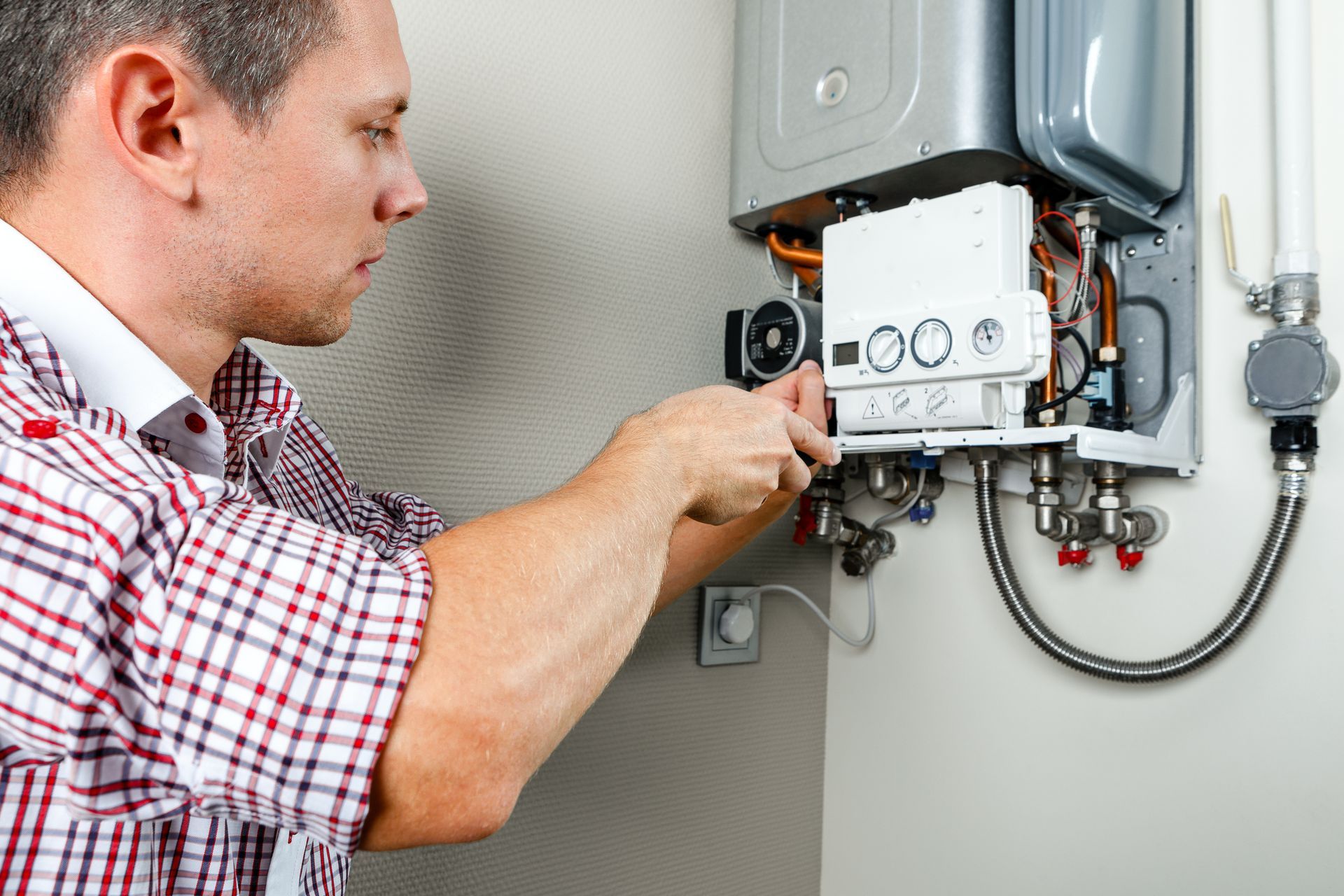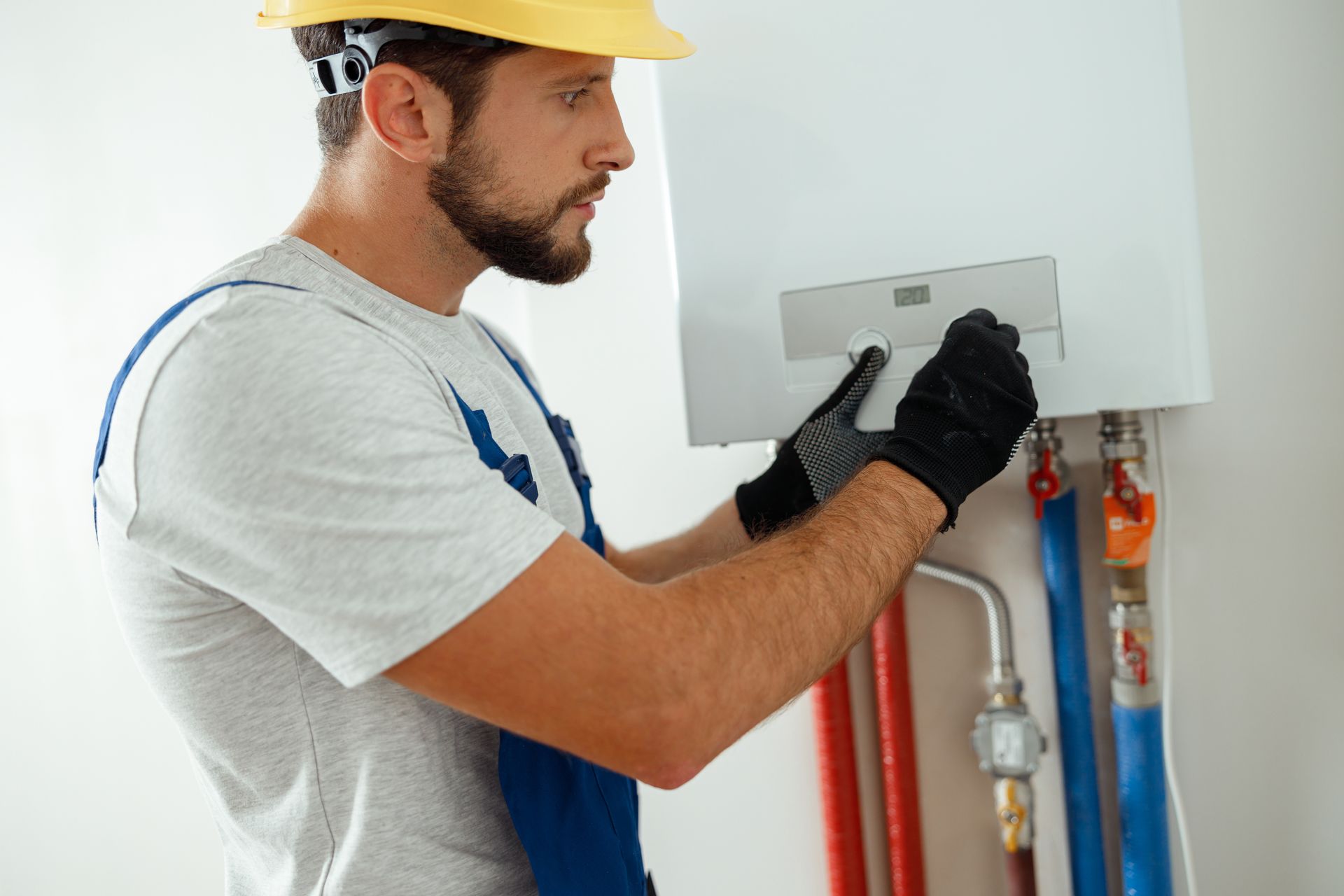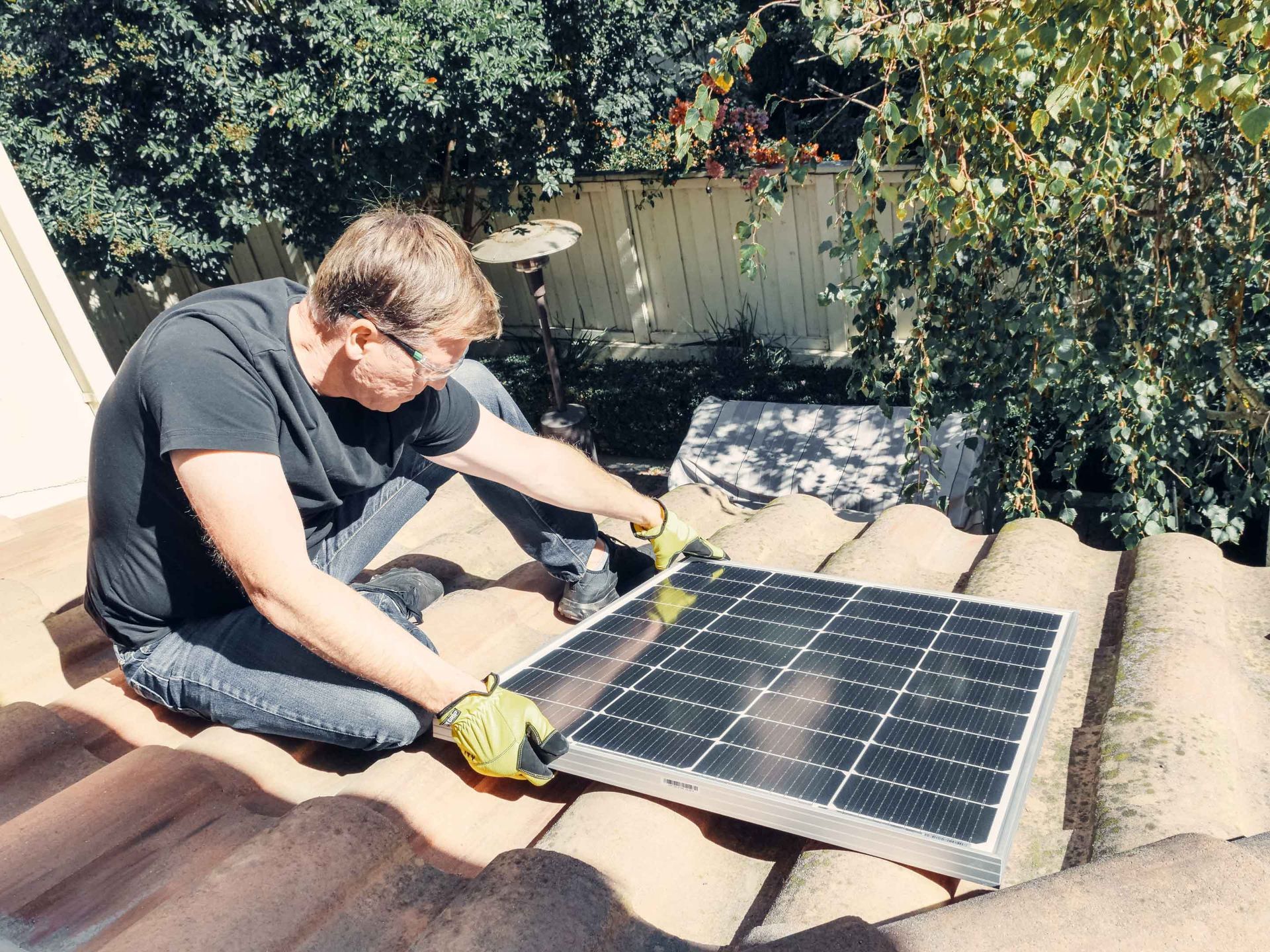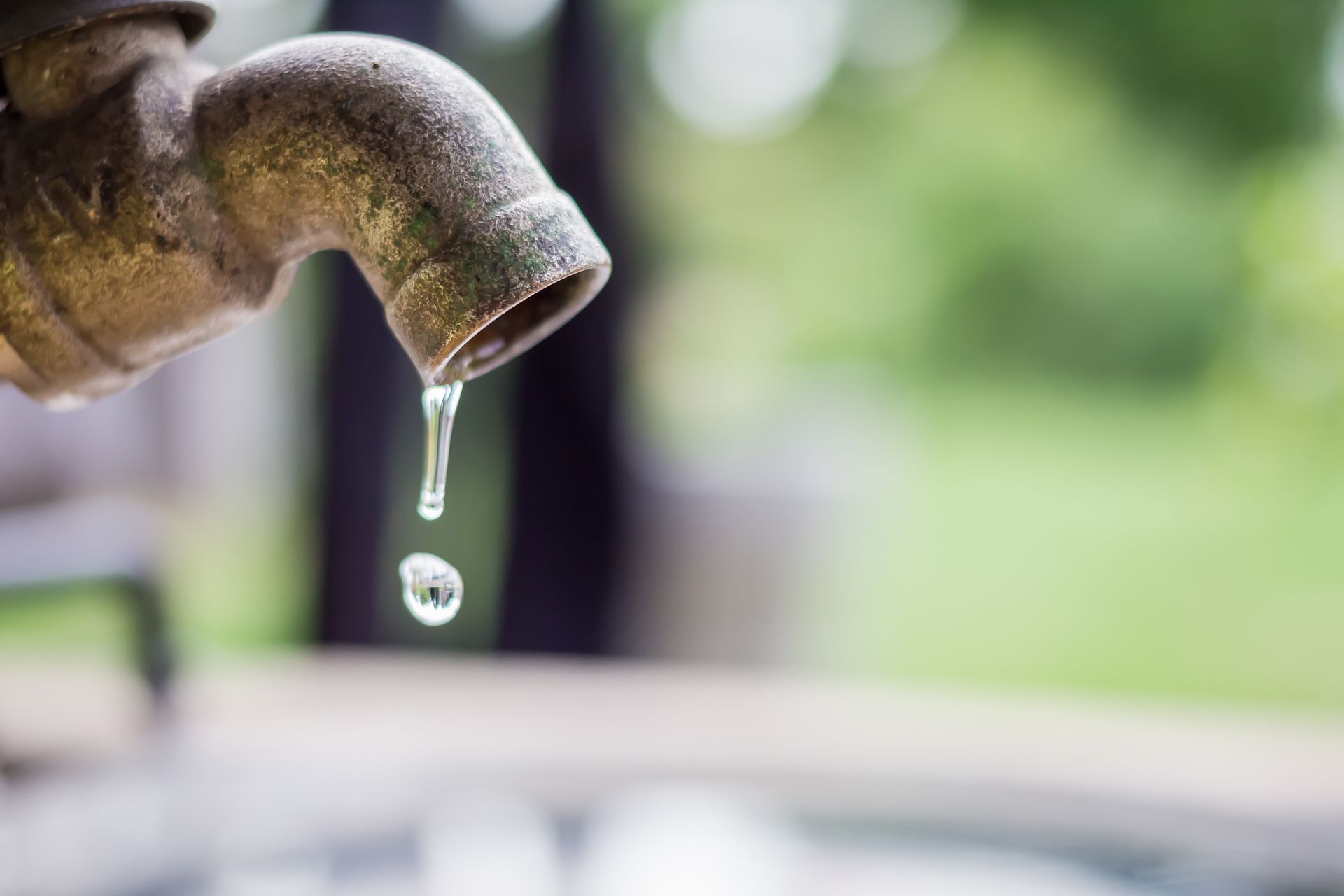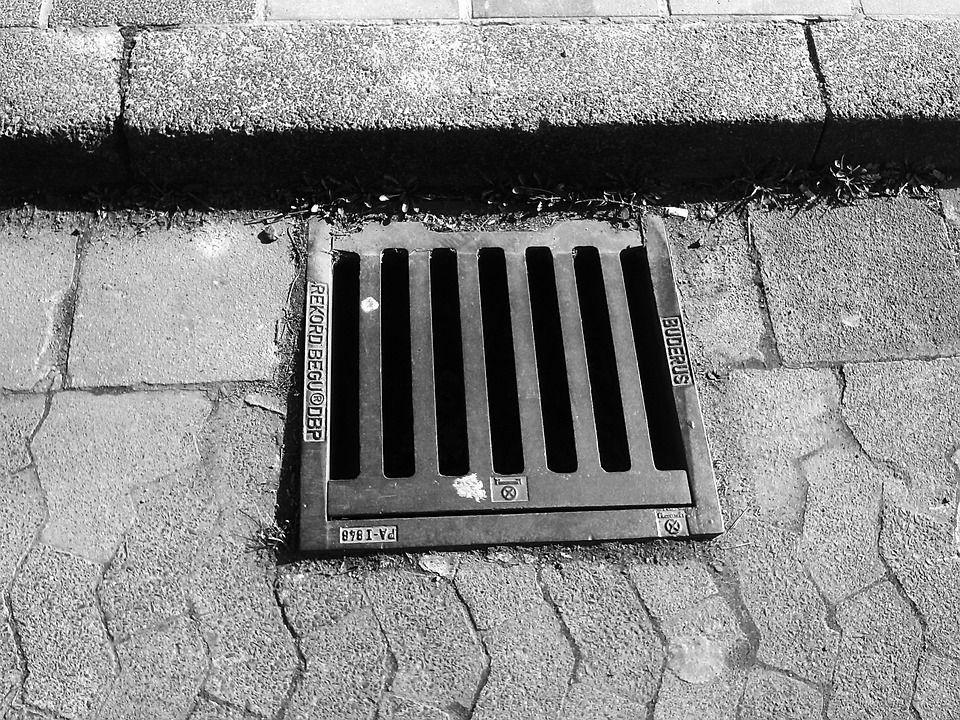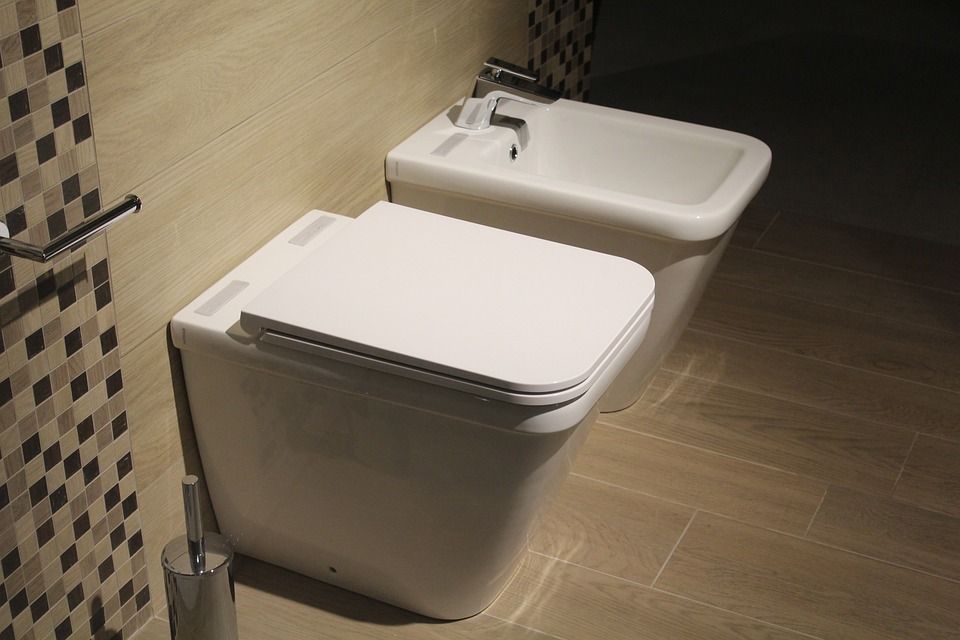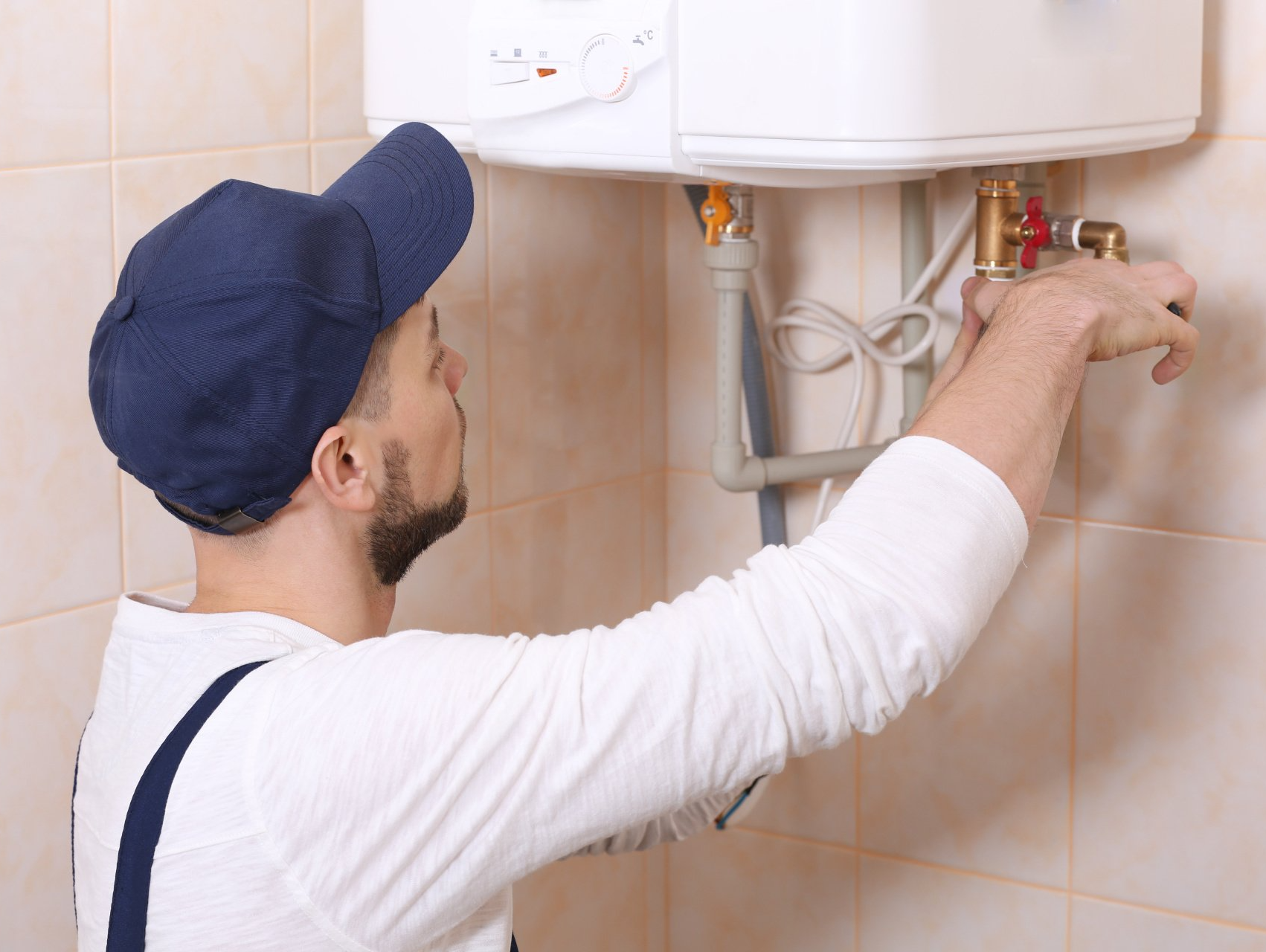What to Do in Case a Gas Leak Occurs
Natural gas plays a crucial role in our daily lives. From heating water, drying clothes, and cooking, we use natural gas everyday for a variety of needs. However, gas leaks can pose significant risks and create hazardous situations if not managed properly. That's why it is important to recognise when a gas leak occurs in your home or workplace. By being aware of these signs, you can quickly call a gas plumber and take immediate action to ensure the safety of yourself and those around you.
In this blog, we will explore the key indicators that can help you detect a gas leak. We will also provide you with the necessary steps to take when faced with such a situation. Through this blog, not only will you be equipped to handle a gas leakage effectively but you can ensure that everyone, including yourself, is protected from the dangers of gas leakage.
What are signs of a gas leak in your home?
While gas leaks are often associated with an unpleasant odour, there are a few other warning signs you should be aware of. Here are some of the most common signs to look out for:
- foul gas odour
- damaged gas pipe
- hissing or whistling sound near gas appliances
- white or dust clouds near gas appliances
- bubbles in water
- dying house plants
- higher than your usual gas bill
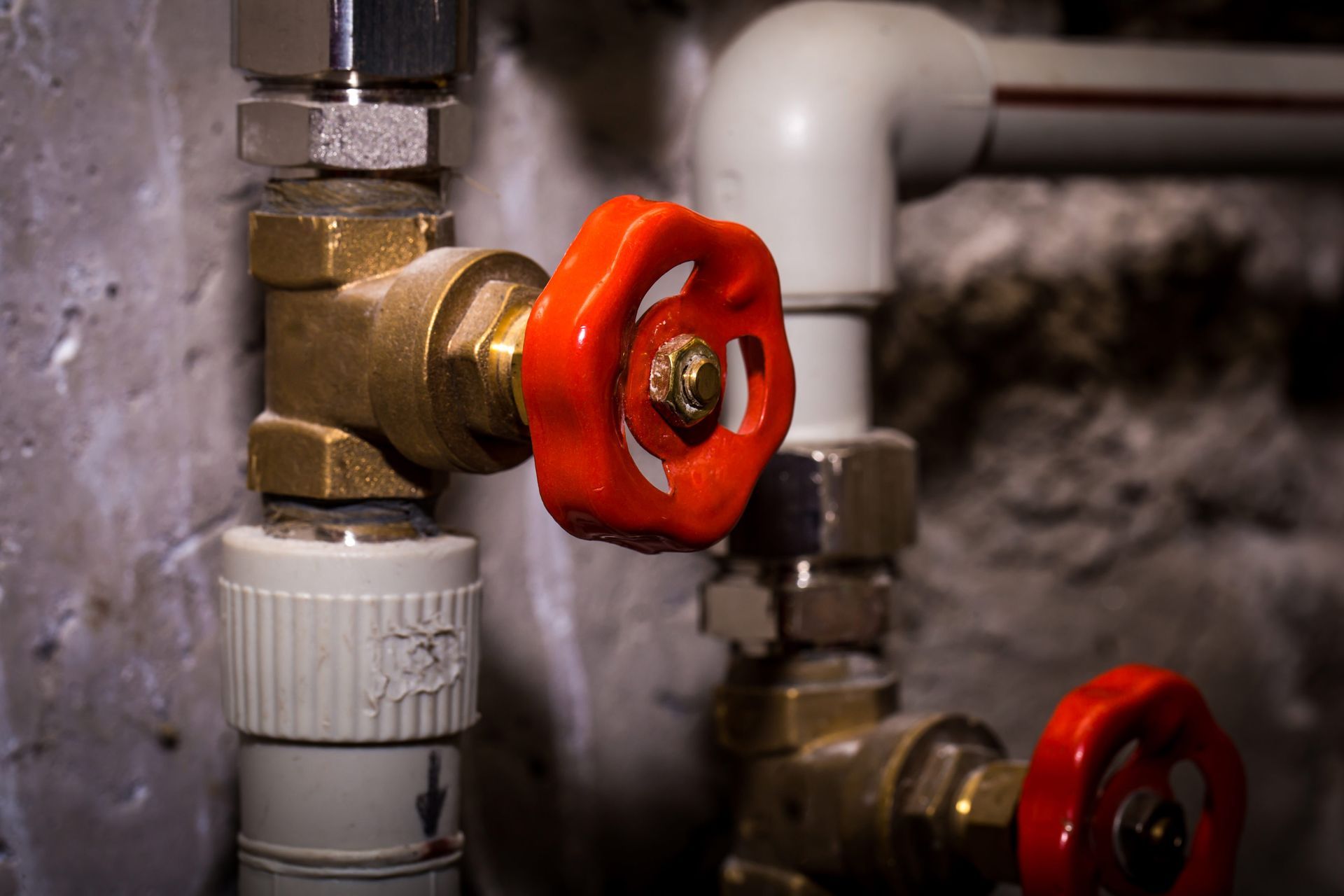
ATTRIBUTION: Image by pvproductions on Freepik
What should you do if you smell a gas leak?
Gas leaks are often difficult to detect. But once you get a whiff of this odour, you should immediately take action and follow these steps to prevent a possible major gas leak.
If you smell gas near an appliance:
Oftentimes, the smell of gas near an appliance indicates that the pilot light might have been extinguished or a burner valve is slightly open. If you find that either of these has caused the leak, the problem may be easily fixed by turning the pilot light off and closing the valve or gas meter to shut off the gas supply.
If you smell gas inside:
If you smell gas inside your home, then it could indicate a gas leak. Contact a qualified professional or emergency services immediately to report the suspected gas leak. If there are gas appliances, turn off the pilot lights or gas meter to shut off the gas supply.
Do not light any type of flame or switch on any gas appliance or electrical appliances, or use anything that may ignite natural gas and spark a fire. Meanwhile, you can open all doors and windows to ventilate the area and evacuate the premises as quickly as possible.
If you smell gas outside of your home:
If you are outdoors and you suddenly notice a gas smell, you should contact a local fire department or gas company quickly to report the suspected gas leak, as they are more equipped to handle such an issue safely. Never try to locate the source of the leak yourself. Much better if you will leave the premises or maintain a safe distance from the premises until the gas distributor or gas company arrives.
Can you smell if you have a gas leak in your house?
Natural gas, in its natural state, is odourless and colourless. But while such gases do not have a smell, you can tell that there is a possible gas leakage if there is a significant smell of sulfur near your gas appliance that resembles that of rotten eggs.
Oftentimes, gas companies may add odorants to detect gas leaks easier. These added chemicals create a distinct smell similar to sulfur or rotten eggs. The intensity of this odour serves as an indication of a potential gas leak. The stronger the smell, the higher the likelihood of a gas leak occurrence.
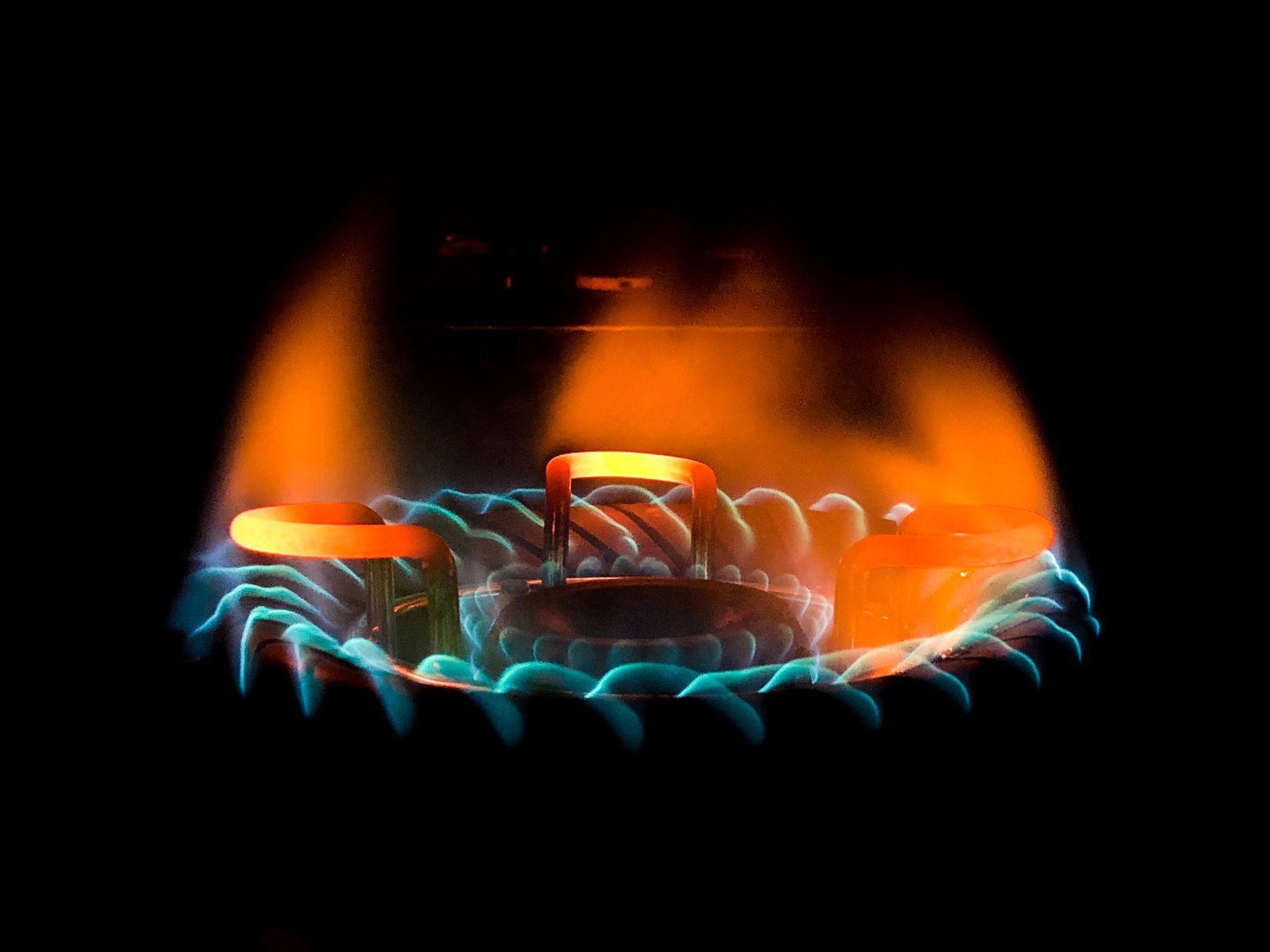
ATTRIBUTION: Image by wirestock on Freepik
Can a slow gas leak make you sick?
In the event that gas leaks from a pressurised cylinder, the level of oxygen inside the confined space rapidly declines. When the atmosphere contains less than 19.5% oxygen, it becomes an oxygen-deficient environment. As a result, any oxygen levels dropping below 18% will then pose a significant risk of asphyxiation (a hazardous condition) to anyone in that area.
Some physical symptoms that could indicate an oxygen-deficient environment include the following:
- difficulty breathing or suffocation
- headache
- dizziness or lightheadedness
- loss of concentration
- loss of consciousness
- nausea
- chest pain
- pale skin
- eye and throat irritation
- nosebleed
How long after a gas leak is it safe?
Fixing gas leaks can vary significantly depending on the location and severity of the issue. But in general, the entire process can range from as short as one hour to as long as 24 hours, before the licensed gas fitter can determine when it is safe to re-enter the affected area.
In the case of an off-site gas outage, your utility provider will inform you when is the right time to safely restore gas service and turn it back on. Nonetheless, it is important to follow their instructions and prioritise safety throughout the process.
Takeaway
Gas leaks are serious plumbing concerns that could pose danger if not addressed right away. By being aware of the signs of a gas leak, such as an odour like rotten eggs, a hissing sound or white dust coming from a gas appliance, it is possible to prevent dangerous and potentially explosive situations.
When a gas leak occurs, you should act quickly and safely in order to prevent any further danger. Turn off all the gas appliances inside your space and then turn off the main gas supply valve outside. Most importantly, call your local gas distributor quickly for assistance on what to do, and don't forget to open doors and windows to ventilate the area.
Aside from taking these measures, you must also consider hiring a licensed gas fitter for regular maintenance and inspection of your home. This is essential to ensure that all your gas appliances are still in good condition and that proper gas safety protocols are followed. By hiring the right licensed gas fitter, you can ensure that any gas leak is avoided.
If you have a gas related problem at home, contact the team at Lexicon Plumbing & Gas Fitting. We specialise in all gas fitting services, including managing gas leakage and service interruptions.


